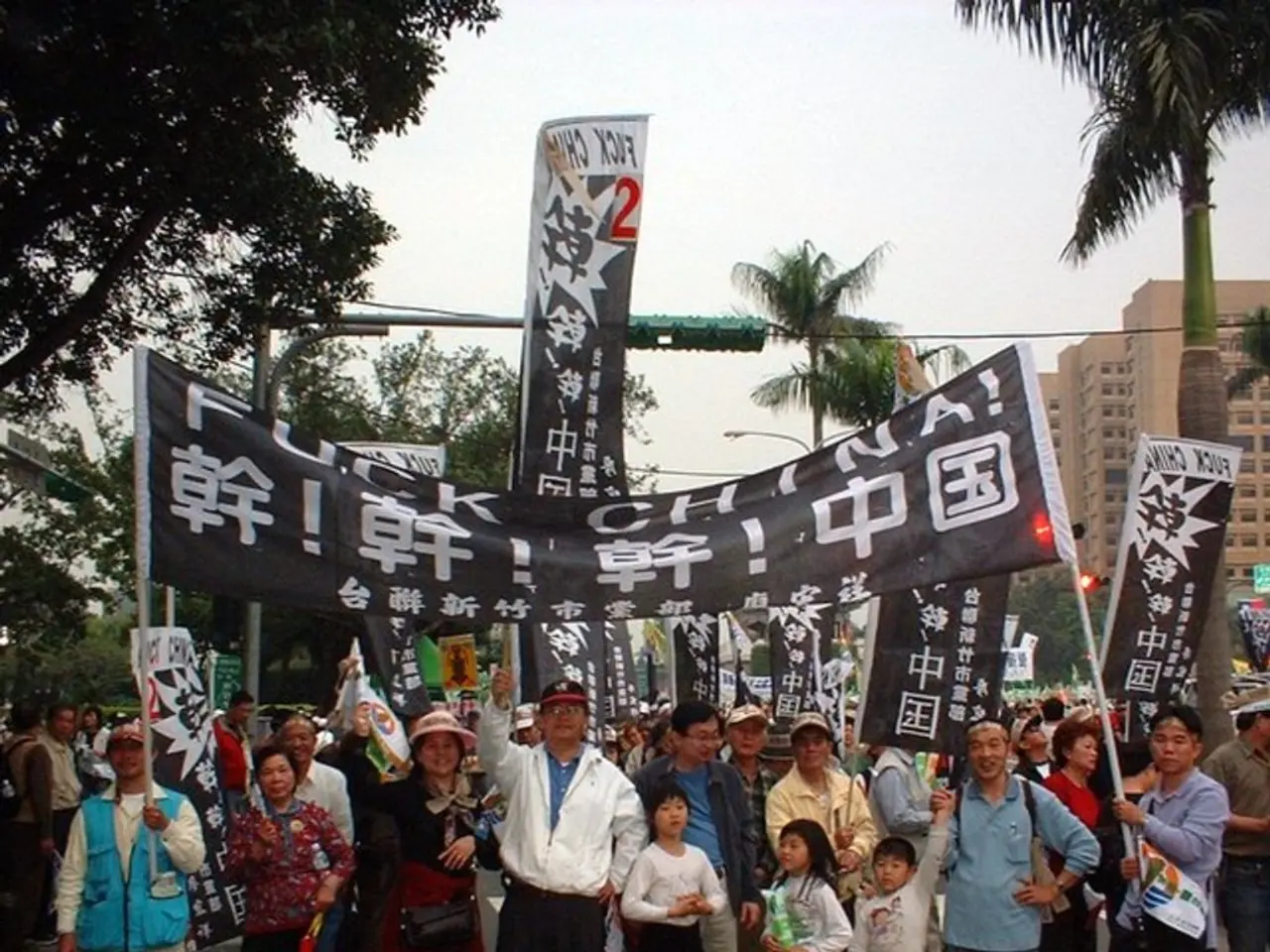Expatriates playing a significant role in instigating the July rebellion remotely
In the summer of 2024, cities around the world, including Kuala Lumpur, Abu Dhabi, and Germany, echoed with the chants of "no remittance until reform." This global movement was led by Bangladeshi expatriates who decided to withhold their remittances as a form of protest against their government.
The boycott, which started in July 2024, had a significant impact on Bangladesh's economy, particularly visible in the sharp decline of remittance inflows during that month. From July 19 to July 24, Bangladesh received only about $78 million in remittances, a drastic drop compared to the usual daily averages prior to the boycott. This led to operational difficulties for banks and mobile financial services in processing remittances.
The boycott coincided with an internet outage which further compounded the disruption, suspending remittance collection from July 18 until July 23, when broadband services resumed. Even after services resumed, remittance flows did not recover immediately to normal levels.
According to Bangladesh Bank data, remittances totaled just $1.91 billion in July 2024, marking a 3.2% year-on-year decline and the lowest monthly amount in ten months. In comparison, remittances were $1.97 billion in July 2023, and in the preceding months of 2024, they had been steadily increasing—reaching a record $2.54 billion in June 2024. The 5.86% year-on-year drop in July 2024 and an even lower estimate of $1.60 billion for August 2024 indicated that the boycott had lasting effects beyond just that month.
This slump in remittance inflows, which are a critical source of foreign currency for Bangladesh’s economy, exacerbated pressure on the foreign exchange market and disrupted economic stability. The government’s reaction included launching campaigns to encourage expatriates to resume remittance transfers, including involving popular national figures and mobile financial services. These efforts highlight how crucial remittances are to the country’s economy and the seriousness of the impact caused by the boycott.
The boycott was not just a financial statement; it was a powerful demonstration of the dissatisfaction of the Bangladeshi diaspora with their government. The movement was fuelled by concerns about government violence against protesters, corruption, and the need for reform. Even Bangladeshi students studying abroad organized solidarity rallies in support of the protests.
The boycott also had a human cost. In July 2024, a college student was arrested in Bangladesh on a fake case due to his involvement in the protests, and 57 Bangladeshi nationals were sentenced to lengthy prison terms in the UAE for organizing protests against the government.
In conclusion, the July 2024 remittance boycott by the Bangladeshi diaspora caused a pronounced and measurable downturn in remittance inflows, leading to operational challenges for financial institutions and a broader economic impact marked by decreased foreign currency availability and heightened government concern. The boycott was a powerful demonstration of the dissatisfaction of the Bangladeshi diaspora with their government and the need for reform.
The July 2024 remittance boycott, a show of dissatisfaction by the Bangladeshi diaspora, significantly affected both the financial and political landscapes. The drastic decline in remittance inflows, which account for a critical source of foreign currency, led to operational difficulties for banks and mobile financial services, and exacerbated pressure on the foreign exchange market, thus disrupting economic stability. Simultaneously, this boycott was not just a financial statement; it was also a potent demonstration of the need for government reform, fueled by concerns over corruption, violence, and the necessity for change.






